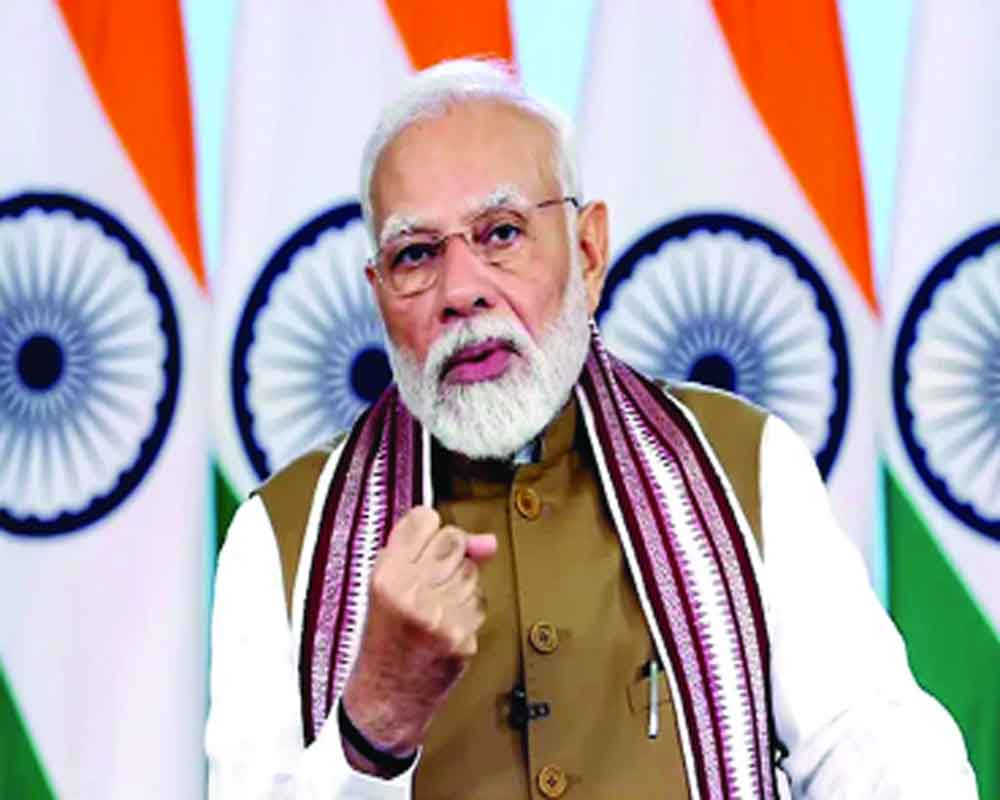China responds positively to Modi’s peace overtures, says it is for stability in relations
In the realm of international relations, the delicate nurturing of ties between nations often involves a mixture of diplomatic rhetoric, strategic manoeuvrings and the occasional statement to assuage tensions. Recently, two of the world’s most populous nations, India and China, indulged in this exercise, with Prime Minister Narendra Modi’s comments on the border situation drawing a positive response from China. In an interview with Newsweek magazine, Modi underscored the importance of urgently addressing the ongoing border situation; he expressed optimism that through constructive engagement, peace and tranquillity could be restored. In response, Chinese Foreign Ministry spokesperson Mao Ning emphasised the importance of “sound and stable” ties, highlighting mutual interests in regional peace and development. This response underscores China’s commitment to maintaining constructive relations with India despite the border challenge. Mao’s statement also sought to contextualise the border issue within the broader framework of bilateral relations. Acknowledging the significance of the boundary question, she stressed that it should not overshadow the entirety of India-China relations. This perspective reflects China’s nuanced approach to managing bilateral issues, advocating for dialogue, cooperation and strategic thinking to navigate differences.
The backdrop against which these statements unfold is the protracted border standoff that began in May 2020, following a violent clash near Pangong Tso. A research paper shared at the DGPs’ Conference revealed that India’s access to 26 out of 65 Patrolling Points (PPs) has been compromised. In Ladakh, an estimated 1,000 sq km of territory has reportedly fallen under Chinese control. However, these figures have not been officially acknowledged. Subsequently, in June 2020, India and China withdrew their troops from Patrolling Point 14 in Galwan Valley. This was followed by disengagement from both the north and south banks of Pangong Tso in February 2021 and from Patrolling Point 17A near Gogra Post in August the same year. Despite numerous rounds of talks at the Corps Commander level, significant areas of contention remain unresolved. India’s insistence on disengagement from specific regions, such as Depsang and Demchok, underscores the challenges involved in reaching a comprehensive resolution. The thawing of relations between India and China is not only crucial for both but also carries implications for the broader region and the world at large. As economic powerhouses and nuclear-armed States, their ability to manage their differences and cultivate stable ties is essential for regional peace and stability. Looking ahead, the path to normalised relations between India and China will likely be characterised by continued dialogue, confidence-building measures and pragmatic compromises. While the road may be fraught with obstacles, their shared interests provide a foundation upon which to build a more stable and constructive relationship.


























